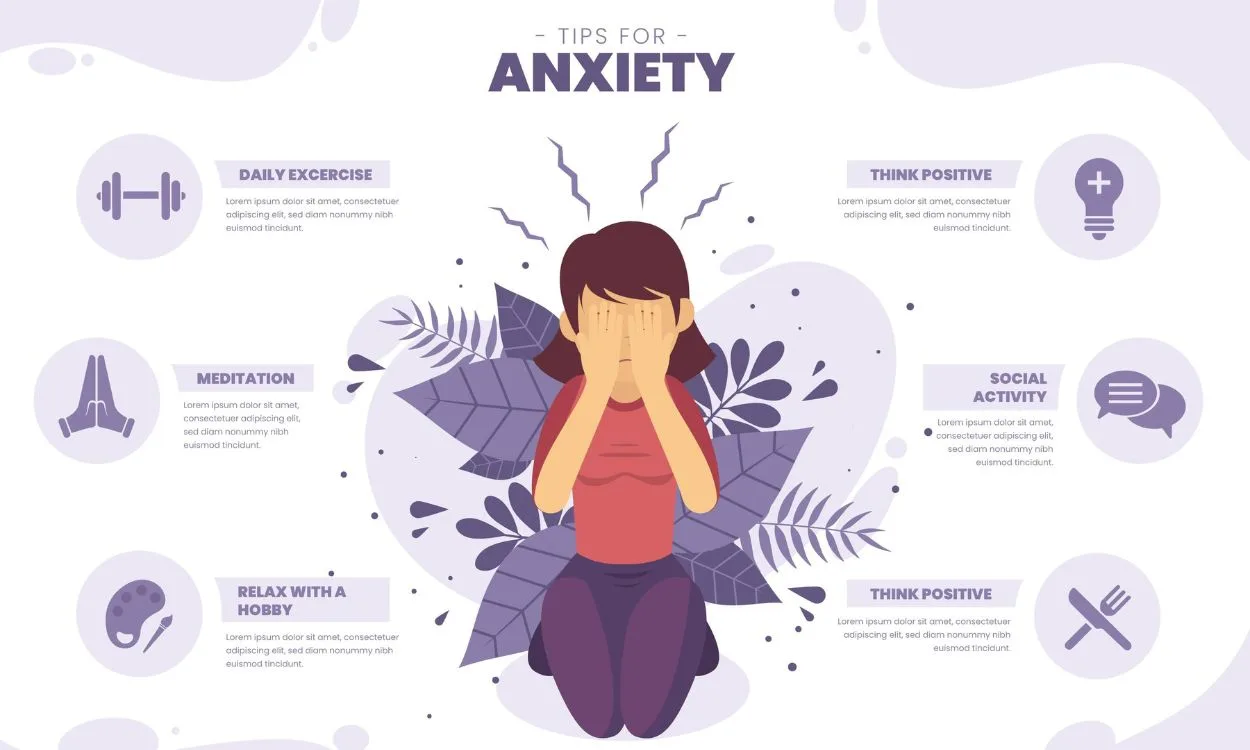How to Overcome Emotional Eating Triggered by Stress or Anxiety
Introduction
Emotional eating is a common response to stress or anxiety, where individuals use food as a way to cope with their emotions. This behavior can often lead to overeating or consuming unhealthy foods, which can have negative effects on both physical and mental well-being. In this article, we will explore effective strategies to overcome emotional eating and regain control over our eating habits.
Understanding Emotional Eating
Emotional eating is not about physical hunger but rather a desire to soothe or distract ourselves from uncomfortable emotions. Stress, anxiety, loneliness, boredom, and even happiness can trigger emotional eating. When we engage in emotional eating, we often crave high-calorie, sugary, or fatty foods that provide temporary comfort but do not address the underlying emotional issues.
Recognize and Acknowledge Your Emotions
The first step in overcoming emotional eating is to become aware of your emotions and their connection to your eating habits. Start by keeping a journal where you record your feelings and the circumstances that lead to emotional eating episodes. Identifying patterns and triggers will help you better understand your emotional eating habits.
Find Healthy Ways to Cope with Emotions
Instead of turning to food when facing difficult emotions, it is essential to find alternative ways to cope with stress or anxiety. Here are some strategies to consider:
- Engage in physical activity: Exercise releases endorphins, which are natural mood boosters. Regular physical activity not only helps reduce stress but also improves overall well-being.
- Practice relaxation techniques: Deep breathing exercises, meditation, and yoga can help calm your mind and reduce stress levels. These techniques provide a healthier outlet for managing emotions.
- Seek social support: Reach out to friends, family, or a support group when you are feeling overwhelmed. Talking to someone who understands and empathizes with your emotions can provide relief and help alleviate the urge to turn to food.
- Engage in hobbies or activities you enjoy: Find activities that bring you joy and help distract you from emotional eating. It could be reading a book, painting, playing a musical instrument, or any other activity that promotes relaxation and fulfillment.
Build a Healthy Relationship with Food
Developing a healthy relationship with food is crucial in overcoming emotional eating. Here are some tips to help you establish a balanced approach to eating:
- Practice mindful eating: Pay attention to your body’s hunger and fullness cues. Eat slowly, savoring each bite, and focus on the taste and texture of the food. This allows you to enjoy your meals without overeating.
- Include a variety of nutritious foods: Ensure your diet includes a balance of fruits, vegetables, whole grains, lean proteins, and healthy fats. Proper nutrition supports overall well-being and can help regulate mood and emotions.
- Plan and prepare meals: Planning and preparing meals in advance can help you make healthier choices and avoid impulsive eating. Batch cooking, meal prepping, and having healthy snacks readily available can prevent reaching for unhealthy foods when stress strikes.
- Practice portion control: Be mindful of your portion sizes and avoid eating directly from the package. Instead, serve yourself a reasonable portion and savor each bite.
- Seek professional help if needed: If emotional eating persists and significantly affects your well-being, consider seeking support from a therapist, counselor, or registered dietitian who specializes in emotional eating disorders.
How Fitpaa Can Help
While the strategies mentioned above can be helpful in overcoming emotional eating, having additional support can enhance your success. Fitpaa, an AI-driven health and fitness app, can provide personalized guidance, accountability, and motivation on your journey to better health. Fitpaa’s approach combines medical therapy, nutrition therapy, and cognitive behavior therapy to optimize metabolism and achieve your health and fitness goals.
With Fitpaa, you get access to a team of fitness coaches, nutritionists, and doctors who can customize a Fitpaa Capsule specifically designed to address your emotional eating triggers. The Fitpaa app offers various features, including a virtual workout trainer, diet tracker, performance tracking, and progress monitoring, all aimed at supporting your overall well-being.
Conclusion
Overcoming emotional eating triggered by stress or anxiety requires a multifaceted approach that includes recognizing and acknowledging emotions, finding healthy coping mechanisms, and building a positive relationship with food. By implementing these strategies and leveraging the support provided by Fitpaa, you can regain control over your eating habits and achieve your health and fitness goals.
Download the Fitpaa app today and embark on a transformative journey towards a healthier and happier you. Remember, your well-being is our mission, and we are here to help you every step of the way.









